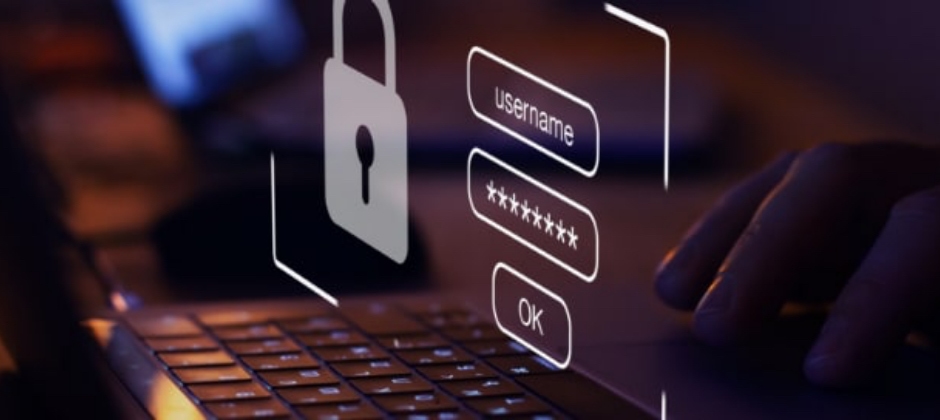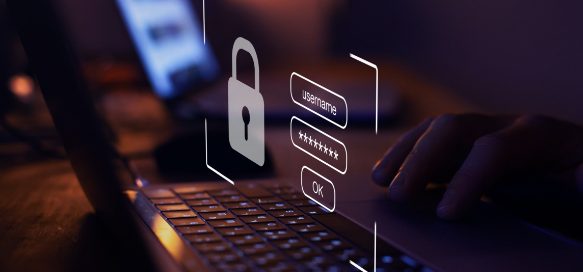
Losing a laptop is never fun, especially if you use it for work and store sensitive data on it. In such a case, the cost of replacing the laptop is the least of your worries because whoever finds the laptop could potentially have access to information whose unauthorized disclosure would cause far greater financial damage.
To protect yourself against this scenario, you can encrypt your entire laptop and make all data stored on it unreadable without the correct password. But should you? To answer this question, we need to first explain what encryption is and how it can prevent a costly data breach if a laptop is lost or stolen.
What Is Encryption?
Encryption is a complex mathematical process whose purpose is to scramble data to make it unreadable to unauthorized users. There are many different methods for encrypting data, some stronger than others. The most common encryption method in use today is the Advanced Encryption Standard (AES). This encryption method has been adopted by the U.S. government to protect classified information.
Regardless of which encryption method is used, it can be applied to protect individual files, folders, or entire hard drives and other storage devices. The encryption of the entire hard drive is also referred to as full-disk or whole-disk encryption, and it’s the most comprehensive form of encryption available because all data is encrypted, including temporary and system files.
From the point-of-view of end-users, full-disk encryption is completely transparent and has virtually no impact on the performance of the laptop. The only extra action users are required to take whenever they turn on their laptop is to provide the correct password to decrypt the hard drive. This password is different from the login password that operating systems such as Windows or macOS use to authorize individual users.
Why Encryption Matters?
More employees than ever before are working from their homes, using either a work-issued laptop or a personal one. While some employees enjoy the opportunity to be fully in charge of their work environment, and sometimes even their hours, security experts are well aware that the move of devices and sensitive business data outside of the organization’s zone of control opens the doors to many security risks.
One of these risks is laptop theft, and it’s easy to underestimate just how many data breaches it causes every year. In fact, 56 percent of IT practitioners who reported that someone in their organization had had a laptop stolen said that the incident resulted in a data breach. Statistics like this one are especially alarming because technology research firm Gartner found that a laptop is stolen every 53 seconds.
Some data breaches caused by the theft of a laptop containing unencrypted information have even made national news, such as when a NASA laptop issued to a headquarters employee were stolen from the employee’s locked vehicle, or when 43,000 patients of Virginia-based Coplin Health Systems had their personal information stolen in a similar incident.
Full-disk encryption would have prevented these and other similar incidents of laptop theft from having far-reaching consequences and costing the organizations whose data were stored on them far more than the cost of the laptop itself.
Is Laptop Encryption Bulletproof?
When you encrypt your entire laptop, you make it impossible for anyone who doesn’t know the correct password to access the content of your hard drive—even if they were to remove the hard drive and connect it to a different computer.
However, there are still many other ways for hackers to steal sensitive information from you. For example, an attacker could send you an email message from a seemingly trustworthy address to trick you into opening a malicious attachment or website. Cybercriminals also like to set up public hotspots to capture online traffic of unsuspecting users who have been lured in by the promise of free Wi-Fi.
To protect yourself against these and other threats, laptop encryption must be used in conjunction with other cybersecurity measures, which is where we at BCA come in. Our TOTALSecurity suite of security solutions can keep your devices safe from external attacks of any kind, allowing you to be just as secure when working from home on a laptop as you are on your work computer in the office.

